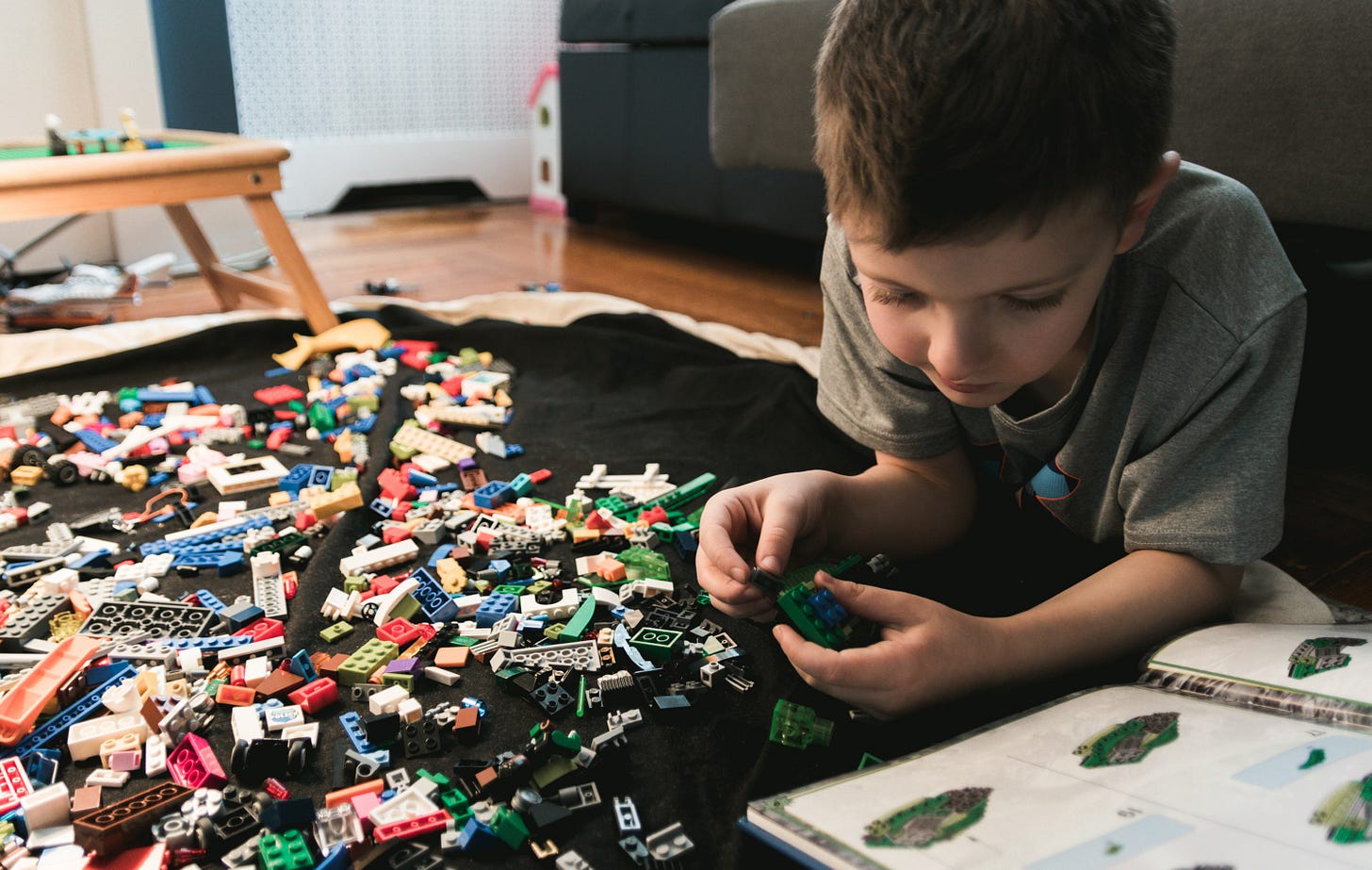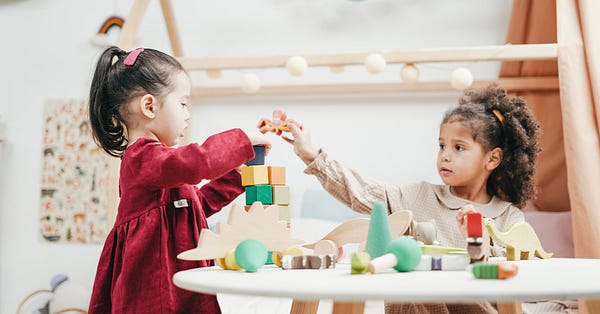All teachers want it: kids doing meaningful learning. Doesn’t always happen though, and this stares you in the face when you give kids space to control the process of learning. Things get messy.
Messing about is crucial
John Holt offers a nice way to conceptualise this. In his book How Children Learn, he talks of the importance of messing about as a phase of the learning process, because it allows kids to
“build up a mental model of the territory before they can start to talk about it”
If this is true, and I think it is, messing about is a crucial phase that is associated with depth of understanding. The problem is, it can often look aimless, messy, slow, repetitive, imitative, and lacking in intent. When people mess about with things, there’s often a lot of fiddling around and randomness. They’ll play about with things. Ask a kid if they need help in this stage and you’ll generally get variations on ‘no’. Ask them what they’re learning and they’ll find it hard to articulate.
Schools aren’t built to accept too much of this.
While the kids might be busy as they mess about, for teachers it can be hard find a role or place. I know that feeling, and the accompanying urge to push kids to do something meaningful, to do something that matters.
The phase beyond messing about
I call this phase of learning ‘honing in’. I’m sure you’ve felt it, that zone where all the threads come together and crystallise, often unwittingly, in to something meaningful that is worth pursuing. And I bet you wanted it to be taken seriously when it happened too, which is totally valid - it’s in doing things that matter that we are able to participate fully in the world.
The trouble is, it usually takes a lot of time messing about for something that matters to emerge. But I do wonder if, in rushing the ‘messing about’ stage, we’re robbing kids of the chance to find the things that matter to them.






